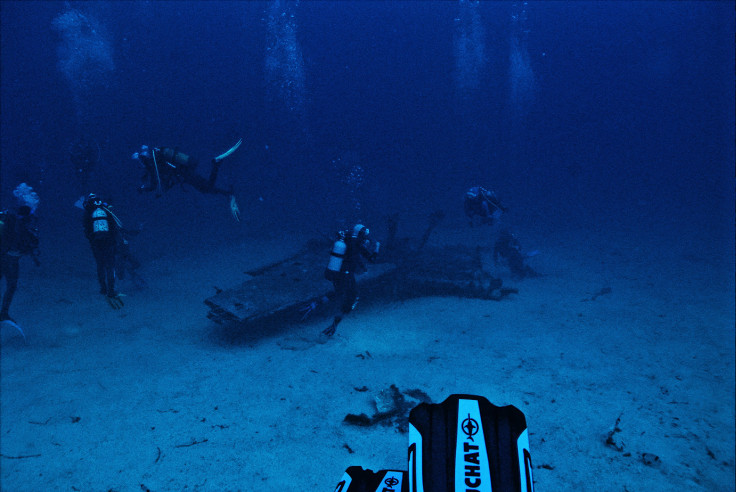Titan Submersible Implosion Victims Died Unnecessarily, According to Coast Guard: What Went Terribly Wrong?
OceanGate ignored repeated safety warnings before the Titan sub's fatal dive

In a new report released on 5 August 2025, the United States Coast Guard concluded that the fatal implosion of the Titan submersible in June 2023 was entirely preventable.
The incident, which occurred during a deep-sea dive to the Titanic wreck site, claimed the lives of five people and has since prompted widespread scrutiny over private submersible safety standards.
From Descent to Disaster: Timeline of the Titan Tragedy
On 18 June 2023, the Titan submersible lost contact with its support vessel, the Polar Prince, approximately one hour and 45 minutes into its descent towards the Titanic shipwreck, located roughly 3,800 metres below the North Atlantic Ocean. A final message reportedly sent moments before the implosion read 'dropped two WTs', referring to the release of ballast weights to aid in ascent. Within seconds, all acoustic communication ceased.
A massive international search operation followed. Four days later, debris from the Titan was discovered around 500 metres from the Titanic's bow, confirming the vessel had suffered a catastrophic implosion. Experts estimate the sub collapsed in milliseconds, leaving no time for the crew to respond or escape.
Fatal Design Flaws and Unchecked Risk
The Coast Guard's final 300-page investigative report concluded that the implosion was caused by a failure in the vessel's carbon-fibre pressure hull, which was not rated for repeated dives to Titanic depths. Unlike traditional titanium-sphere designs used in certified submersibles, the Titan relied on experimental materials that lacked long-term pressure resilience.
The report criticised OceanGate for proceeding with dives without third-party certification or adherence to established maritime safety protocols. The sub's real-time monitoring system, which was touted as a safety feature, was found to offer only a brief warning—insufficient to prevent the implosion.
'This marine casualty and the loss of five lives was preventable,' Titan MBI chair Jason Neubauer said in a press release. 'The two-year investigation has identified multiple contributing factors that led to this tragedy, providing valuable lessons learned to prevent a future occurrence. There is a need for stronger oversight and clear options for operators who are exploring new concepts outside of the existing regulatory framework.'
Warnings Ignored by OceanGate Leadership
Stockton Rush, CEO of OceanGate and pilot of the Titan, was singled out in the report for repeatedly ignoring internal and external safety warnings. Former employees, including engineer David Lochridge, raised concerns as early as 2018 regarding delamination, hull fatigue, and the absence of non-destructive testing. These concerns were dismissed, and some whistleblowers were reportedly fired or threatened with legal action.
In an interview with Smithsonian Mag in 2019, Rush had openly criticised safety regulations, referring to them as obstacles to innovation. 'There hasn't been an injury in the commercial sub industry in over 35 years. It's obscenely safe, because they have all these regulations. But it also hasn't innovated or grown—because they have all these regulations,' he told the magazine.
The Coast Guard suggested that had Rush survived the dive, criminal charges could have been considered.
International Grief and Legal Action
The victims of the implosion included British billionaire Hamish Harding, French Titanic expert Paul-Henri Nargeolet, Pakistani businessman Shahzada Dawood and his son Suleman, and Stockton Rush himself. The deaths sparked international mourning and renewed questions about the risks of commercial deep-sea tourism.
In June 2025, Nargeolet's family filed a $50 million wrongful death lawsuit against OceanGate, citing gross negligence, lack of safety protocols, and failure to act on credible warnings.
Regulation Under Pressure
The investigation revealed that OceanGate operated largely outside the jurisdiction of maritime safety bodies by conducting dives in international waters. This allowed the company to avoid regulatory scrutiny that would normally apply to manned submersibles.
Maritime authorities and safety experts are now calling for the introduction of mandatory global certification requirements for all commercial deep-sea vessels. The Titan implosion has become a pivotal case study in the urgent need for oversight in emerging exploration technologies.
© Copyright IBTimes 2025. All rights reserved.





















